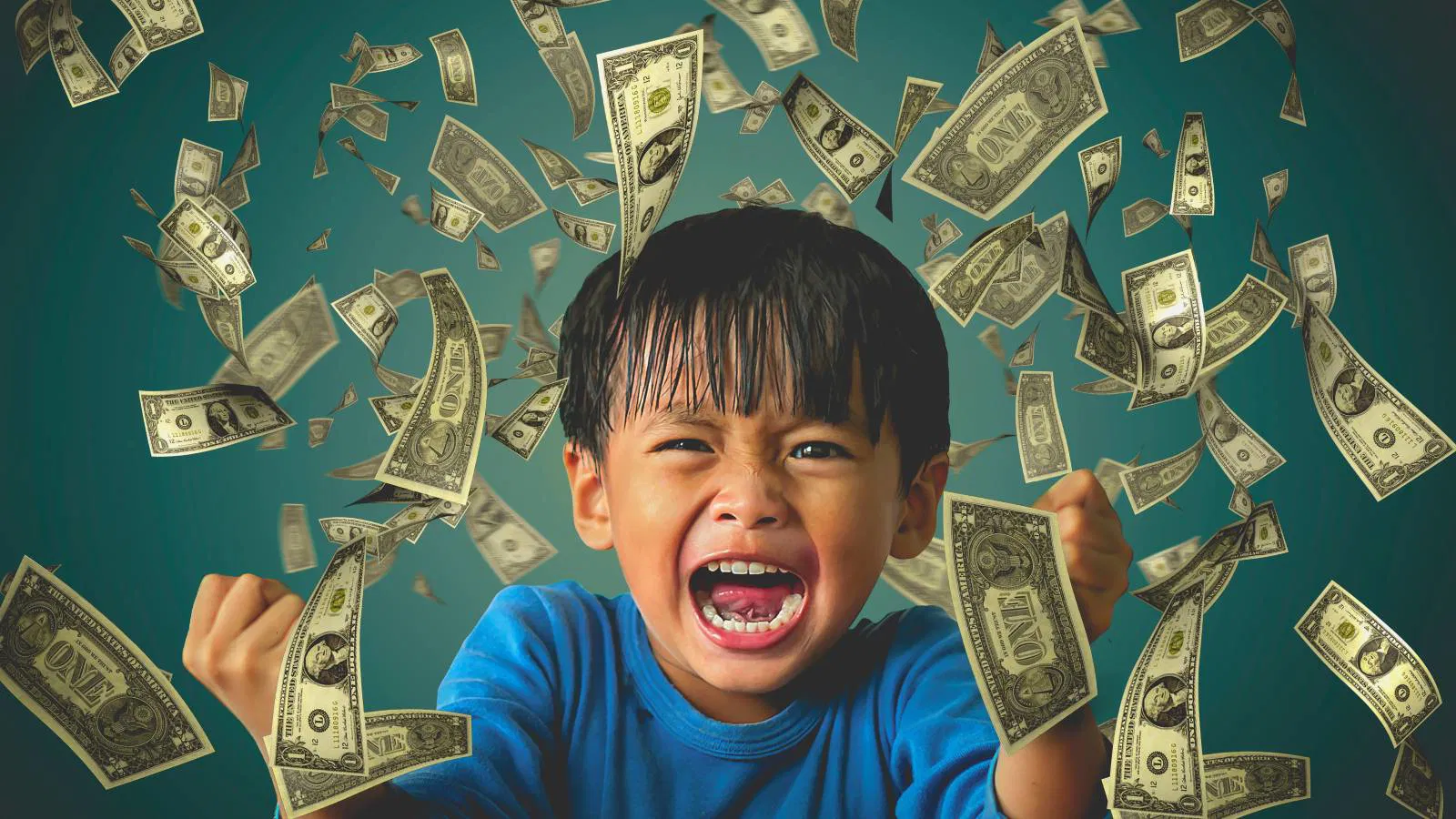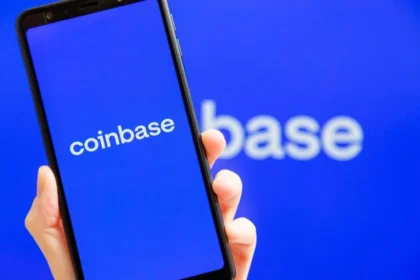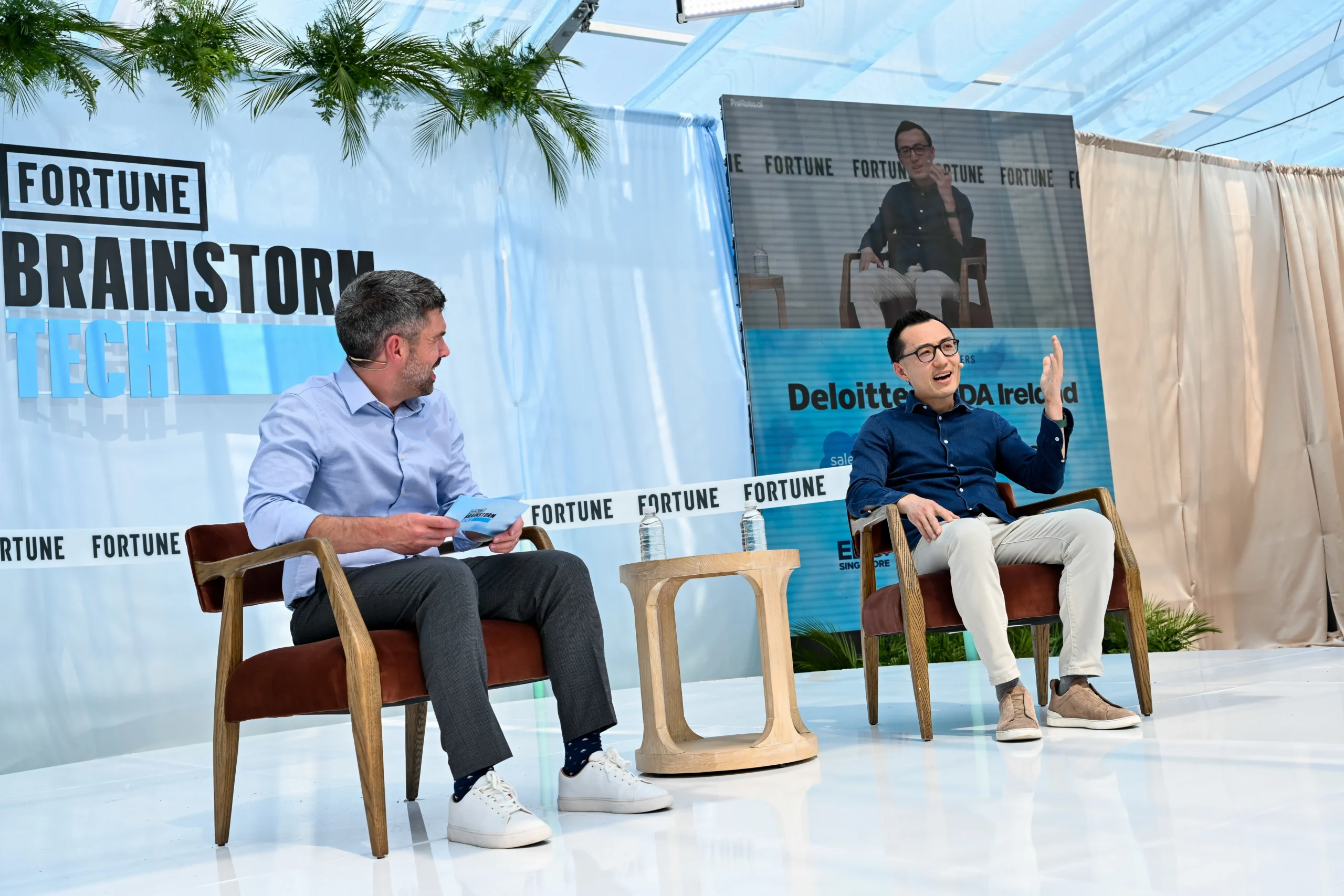Generation Alpha—kids born from 2010 onwards—has quietly crossed a major economic milestone, amassing over $100 billion in spending power. But this financial clout doesn’t come from traditional salaries or inheritance. Instead, it’s a potent mix of digital-age side hustles, allowances supercharged by affluent parents, and a consumer culture that increasingly blurs the line between childhood and adulthood. Companies like Roblox, Nike, and other youth-focused brands are already cashing in.
From Playground to Paycheck
For most generations, economic influence came well after the teen years. Gen Alpha is changing that.
- Side hustles aren’t just for millennials anymore. Ten-year-olds are launching YouTube channels, selling digital art on marketplaces like Etsy, creating Roblox games that rake in real money, and even running small-scale reselling businesses for sneakers and collectibles.
- Gaming platforms like Roblox have opened the door for children to create in-game items and experiences that other players buy using Robux, which can then be converted to real currency. Some preteens are reportedly making thousands per month this way.
- Influencer culture plays a big role—Gen Alpha idols are often kids their own age, making entrepreneurship seem not only possible but expected.
The Parent Bank
While side hustles are a big factor, the bulk of Gen Alpha’s purchasing power still comes from parents, who are willing to spend heavily on tech, clothes, and experiences for their kids.
- Higher-income millennial and Gen X parents are prioritizing “quality” purchases—premium sneakers, branded athleisure, and luxury gadgets—over bargain-bin finds.
- The Bank of Mom and Dad is funding gaming subscriptions, iPhones, and sports gear, creating an ecosystem where brands can price for premium without alienating their youngest consumers.
Where the Money Goes
The spending breakdown is a marketer’s dream:
- Roblox remains the undisputed champion in Gen Alpha engagement, with millions of daily active users and in-game purchases driving significant revenue.
- Nike and other athletic brands dominate the wardrobe, fueled by the sneakerhead trend trickling down to younger consumers.
- Fast-growing niches include LEGO’s collector lines, Marvel and anime merchandise, and tech wearables like smartwatches for kids.
- Even luxury brands are testing products aimed at younger audiences—think miniature handbags and junior-sized designer sneakers.
Marketing to Mini-Moguls
For brands, the opportunity is enormous, but so are the challenges. Gen Alpha has grown up in an ad-saturated digital environment and has a keen eye for authenticity. They are highly influenced by peers and creators rather than traditional advertising.
- Experiential campaigns—both virtual and in-person—are key to capturing their attention.
- Partnerships between gaming platforms and fashion or entertainment brands are becoming increasingly common.
- Direct-to-kid marketing on social media platforms like TikTok (where younger kids often watch via family accounts) bypasses traditional media entirely.
The Economic Ripple Effect
Economists note that while Gen Alpha’s spending is a small fraction of overall consumer activity, their influence is disproportionate. Parents often adjust their own spending to match their children’s preferences, especially when it comes to technology and lifestyle products. That creates a trickle-up effect, where kid-driven trends influence entire households.
The Road Ahead
As Gen Alpha grows, their financial independence will only increase. The combination of early entrepreneurial skills, digital-native instincts, and parental backing positions them to be one of the most powerful consumer groups in history.
For now, companies like Roblox and Nike are clear winners—but the race is on for brands across fashion, gaming, entertainment, and tech to secure a place in the wallets (and hearts) of this $100 billion generation.







